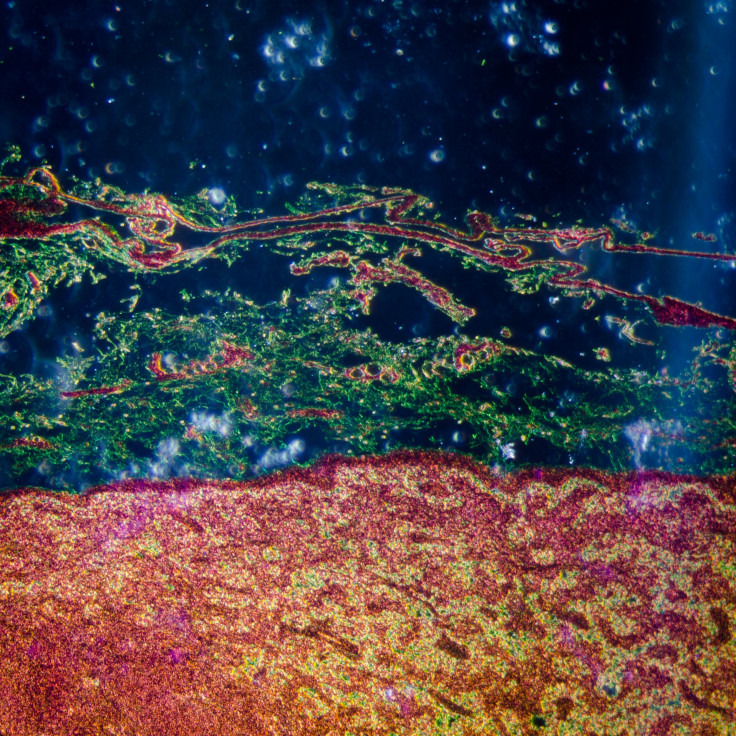Lymph Nodes, A Key Part Of The Immune System, Expand When Cancer Is Detected

As part of the immune system, lymph nodes are distributed throughout your body and expand in the presence of disease, yet scientists have never understood exactly how this process of enlargement works. Until now. When recognizing a threat, dendritic cells within the immune system make a molecule called CLEC-2, a new study reveals, and this molecule instructs the cells lining the lymph nodes to expand, thus allowing for an influx of disease-fighting cells.
"The more we understand about how the immune system recognizes and responds to disease, the better we can start to harness it to attack cancer,” said Dr. Sophie Acton, first author and a postdoctoral fellow at University College of London.
A Dual Role for Dendritic Cells
For the current study, the researchers used mice cells to show how the very same dendritic cells perform two separate roles within the body. Dendritic cells (the Greek word, dendron, means tree), which are shaped like a star with dangling roots, are critical to the immune system in that they patrol the body searching for threats in the form of bacteria, viruses, or toxins. After capturing a foreign invader, dendritic cells then send out a signal for reinforcements. While this part of the story has been known for some time, what the researchers discovered in their examination of mice cells is exactly how the dendritic cells trigger the expansion of lymph nodes through CLEC-2.
"We've shown for the first time the dual role of dendritic cells in responding to disease — both recognizing that there is a threat in the body but also telling the lymph nodes to stretch out,” said Dr. Caetano Reis e Sousa, lead author of the study. “This expansion of the lymph nodes, the command centers of the immune system, gives more room for immune cells to gather and launch their attack against infections and cancer."
In addition to learning more about dendritic cells, the new study presents a more complex understanding of CLEC-2 or C-type lectin-like receptor 2. CLEC-2 has long been known to be part of the calcium-dependent (or C-type) lectin family of proteins, which is active in the immune system function of recognizing foreign invaders. However, the new study presents a broader vision of CLEC-2’s function by showing how they are key to the triggering of a cascade of intracellular signaling, which in turn affects immunological processes.
"This important research helps us unravel how the immune system works and its role in diseases, such as cancer,” said Reis e Sousa, who suggests the work may lead to new drug development targets, which would help patients who struggle against the disease.
Source: Acton SE, Farrugia AJ, Astarita JL, et al. Dendritic cells control fibroblastic reticular network tension and lymph node expansion. Nature. 2014.



























